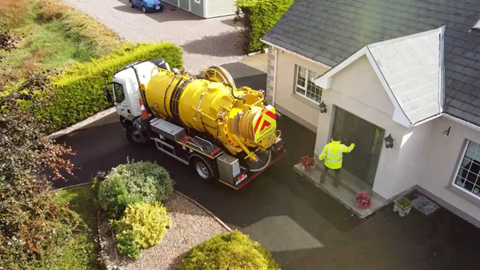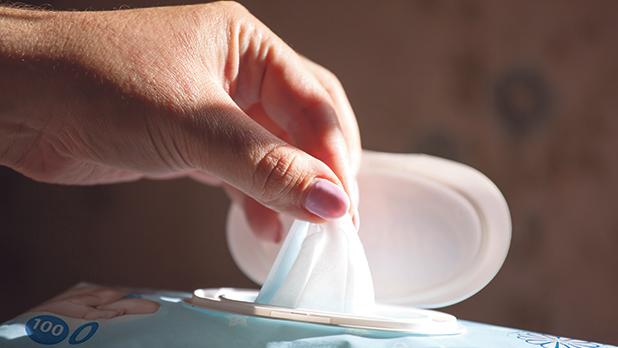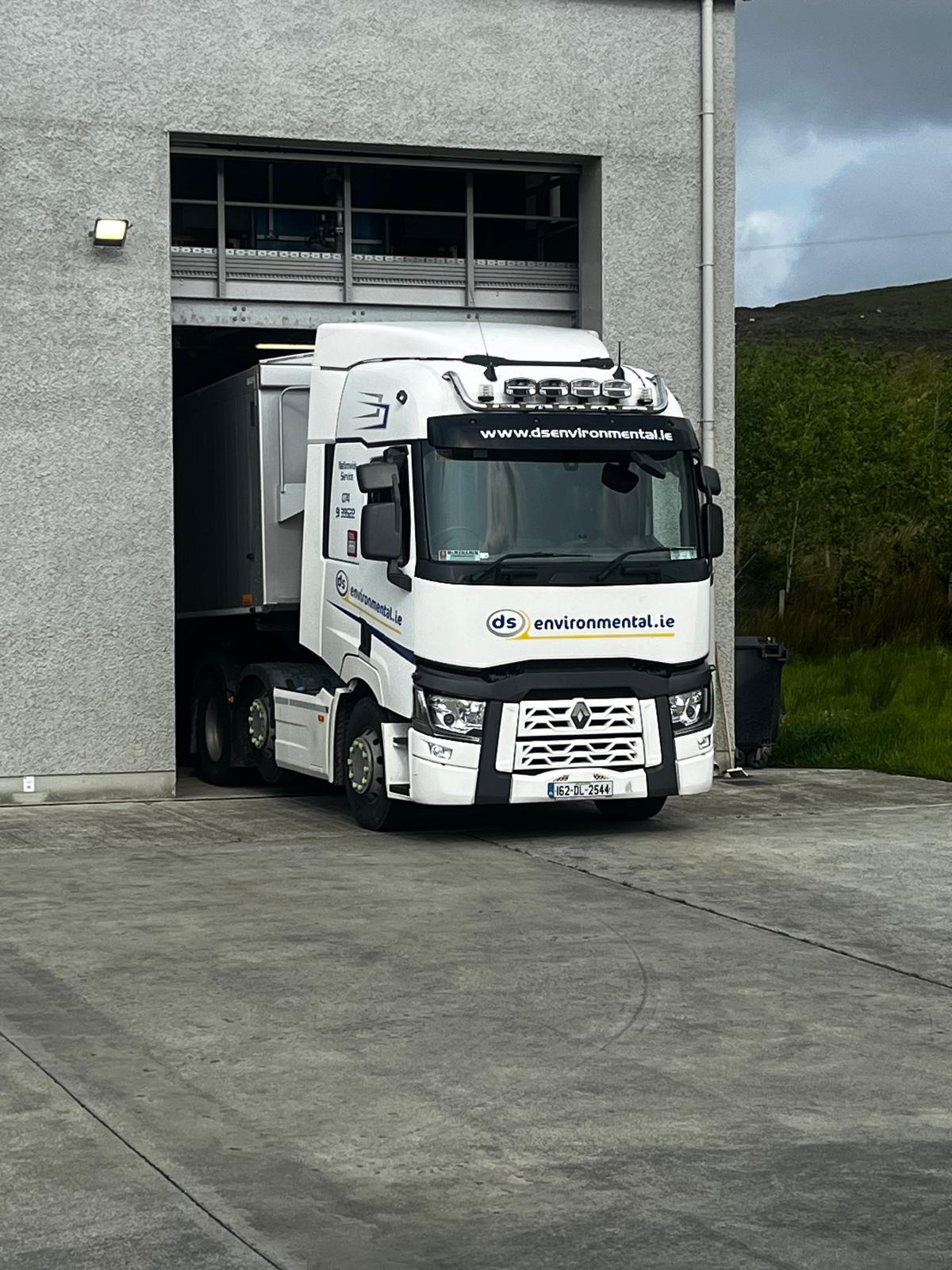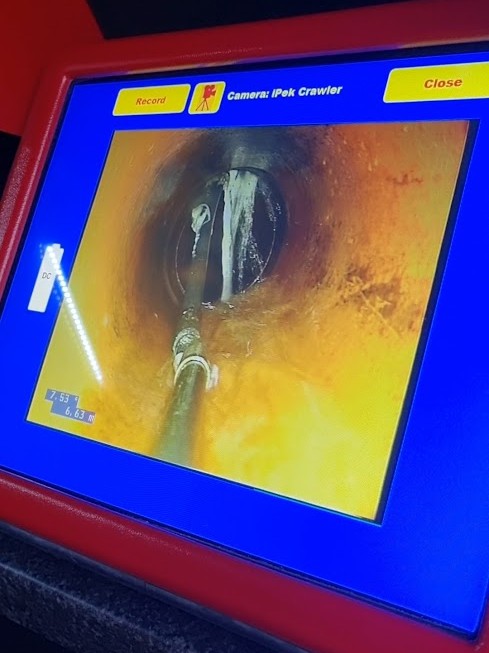It’s an easy mistake to make. You see the word “flushable” on a packet of wipes, toss one into the toilet, and watch it vanish with a quick whoosh. Problem solved, right?
Not quite.
At DS Environmental, we know better than most that wet wipes don’t simply disappear once you press that flush handle. In fact, they’re one of the biggest culprits behind blocked drains, damaged pipes, and even large-scale sewer disasters.
What Really Happens When You Flush a Wipe
Unlike toilet paper, which is designed to dissolve quickly in water, wet wipes hold their structure. Instead of breaking down, they cling together, tangle with fats, oils, and grease, and form heavy clumps inside pipes — sometimes called “wipe balls.”
According to Water UK, wipes account for over 90% of sewer blockages. For households and businesses, that can mean:
-
Toilets backing up and overflowing
-
Expensive call-outs for emergency plumbing repairs
-
Sewage leaks into homes, gardens, and streets
-
Higher water bills due to restricted water flow
And it’s not just private properties. At a wider scale, wipes contribute to notorious “fatbergs” — massive, congealed blockages in city sewer networks. One removed in London weighed a staggering 40 tonnes.
The Environmental Cost
The problem doesn’t stop underground. When wipes escape into rivers, lakes, and seas, they become an environmental hazard. Wildlife often mistake them for food, leading to injury or starvation, while the plastic fibres in many wipes break down into microplastics, entering the food chain.
Research has also shown that these plastics can carry harmful bacteria, which may survive for long periods in the environment — posing a risk to both marine life and people.
Why “Flushable” Is Misleading
The word “flushable” has no universal standard. While manufacturers may claim wipes will eventually break down, in reality they don’t degrade quickly enough to travel through ageing plumbing systems and complex sewer networks without causing damage.
A Simple Rule to Protect Your Pipes
If you use wipes, the solution is simple: put them in the bin, not the toilet. A small bathroom bin makes it easy to dispose of them properly and avoids the risk of blockages.
How DS Environmental Helps
Despite the warnings, wipes still make their way into drains every day — and that’s when our team steps in. Using high-powered jetting units, suction lorries, and specialist equipment, we clear blockages and restore flows for households, businesses, and councils across Ireland. 
While we’re always ready to respond, prevention is far better (and cheaper) than cure. By keeping wipes out of your toilet, you’re helping to protect your home, your community, and the wider environment.
Final Word
Flushable wipes aren’t really flushable. They block drains, pollute waterways, and cost millions each year to clean up. By sticking to toilet paper and binning wipes, you’ll keep your plumbing healthy and give the environment a break too.
And if you ever do find yourself facing a stubborn blockage? Don’t worry — DS Environmental has seen it all, and we’re here to help.






